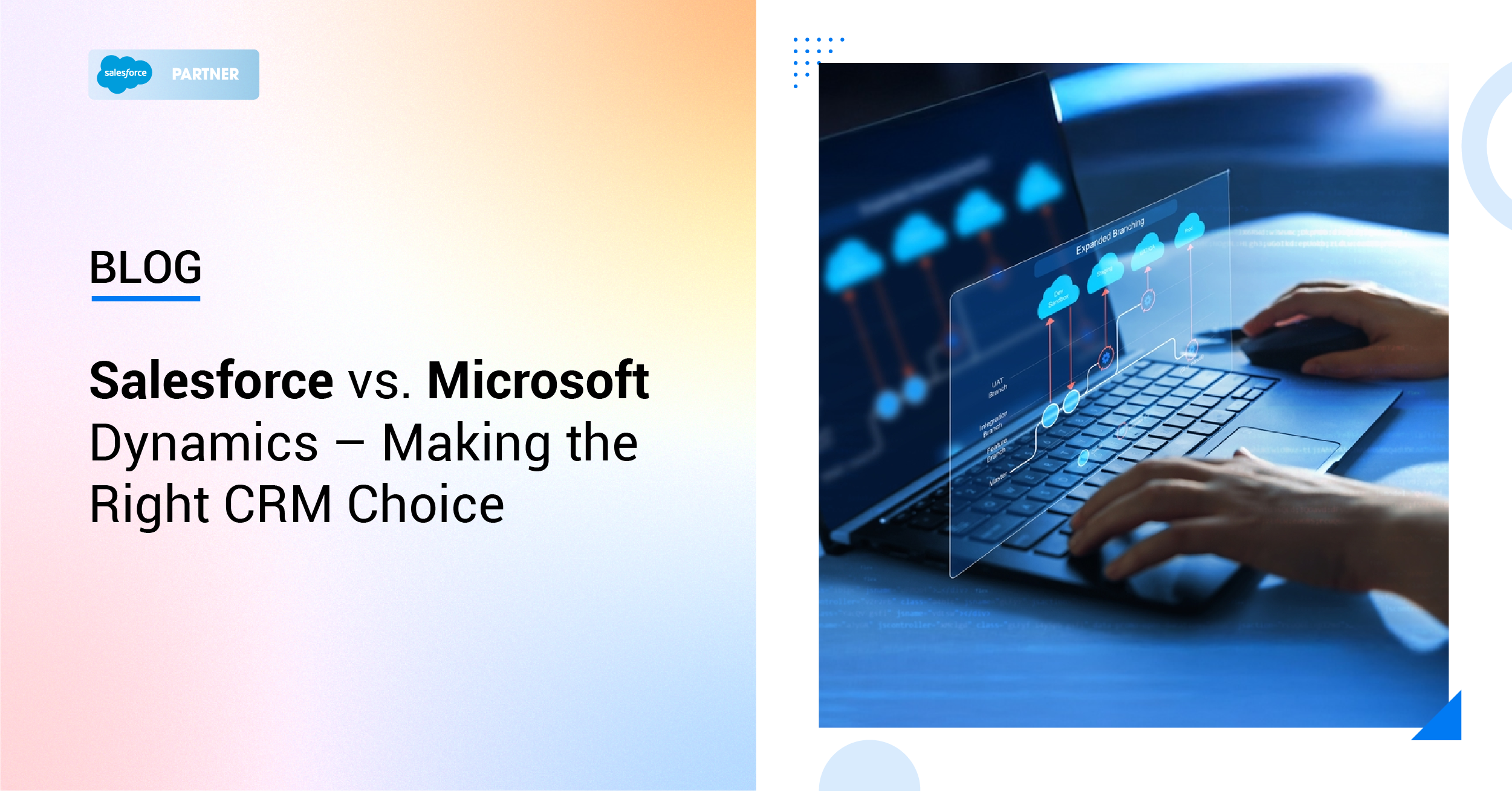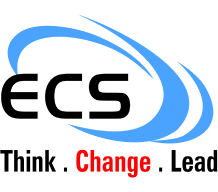
Salesforce vs. Microsoft Dynamics – Making the Right CRM Choice
Selecting between Salesforce and Microsoft Dynamics is a pivotal decision. Each excels in different areas. Here’s a refined comparison to guide your choice:
- Ecosystem & Integration
- Salesforce delivers an extensive ecosystem via AppExchange (3,400+ apps) and MuleSoft connectivity.
- Dynamics excels with native integrations into Office 365, Power BI, Teams, and Azure via Power Platform.
- Customization
- Salesforce offers deep customization tools (APEX, Lightning, Flow) for complex workflows.
- Dynamics supports extensibility using .NET, Power Apps, and Power Automate, ideal for Microsoft-centric teams.
- User Experience
- Salesforce’s modern UI and vast community encourage quick adoption.
- Dynamics is comfortable for Microsoft users but may have performance and UI complexity issues.
- AI & Insights
- Salesforce Einstein excels with lead scoring, opportunity insights, and natural language processing.
- Dynamics Copilot + Power BI provide strong AI and visualization across CRM and ERP layers.
- Deployment Flexibility
- Salesforce is cloud-native with scalable multi-tenant architecture.
- Dynamics offers cloud, hybrid, and on-prem options—great for regulated sectors.
- Total Cost of Ownership
- Salesforce starts at mid-range pricing but advanced features drive up costs.
- Dynamics offers more flexible pricing, especially for Microsoft 365 customers.
Conclusion
- Choose Salesforce if you prioritize custom workflows, flexibility, AI-driven sales, and enterprise integration.
- Opt for Dynamics if you want native Office 365 and Power Platform connectivity, flexible deployments, and long-term cost efficiency.
ECS is your certified partner for both platforms—we’ll help you identify the best CRM for your business needs and roadmap your digital transformation success.
